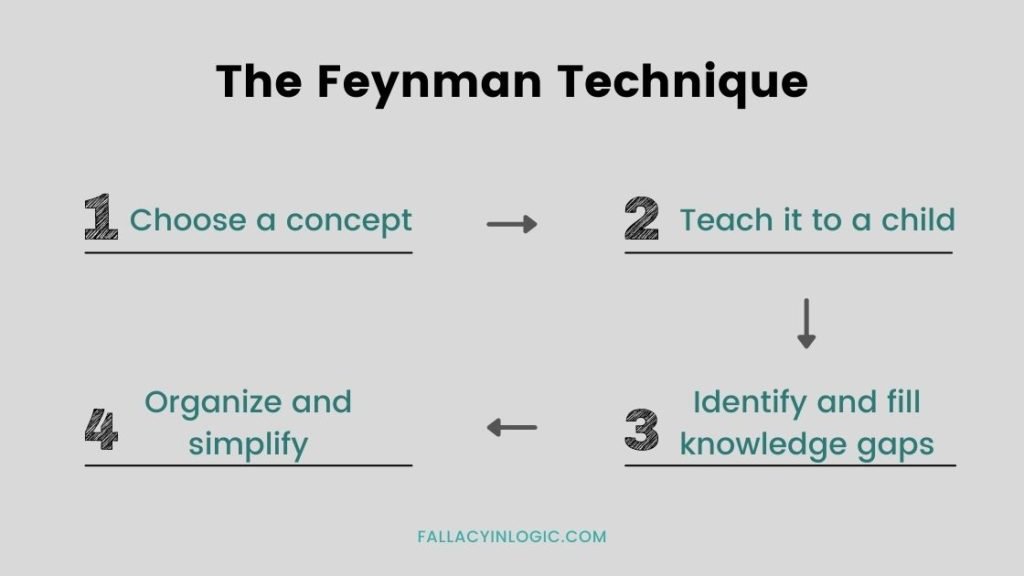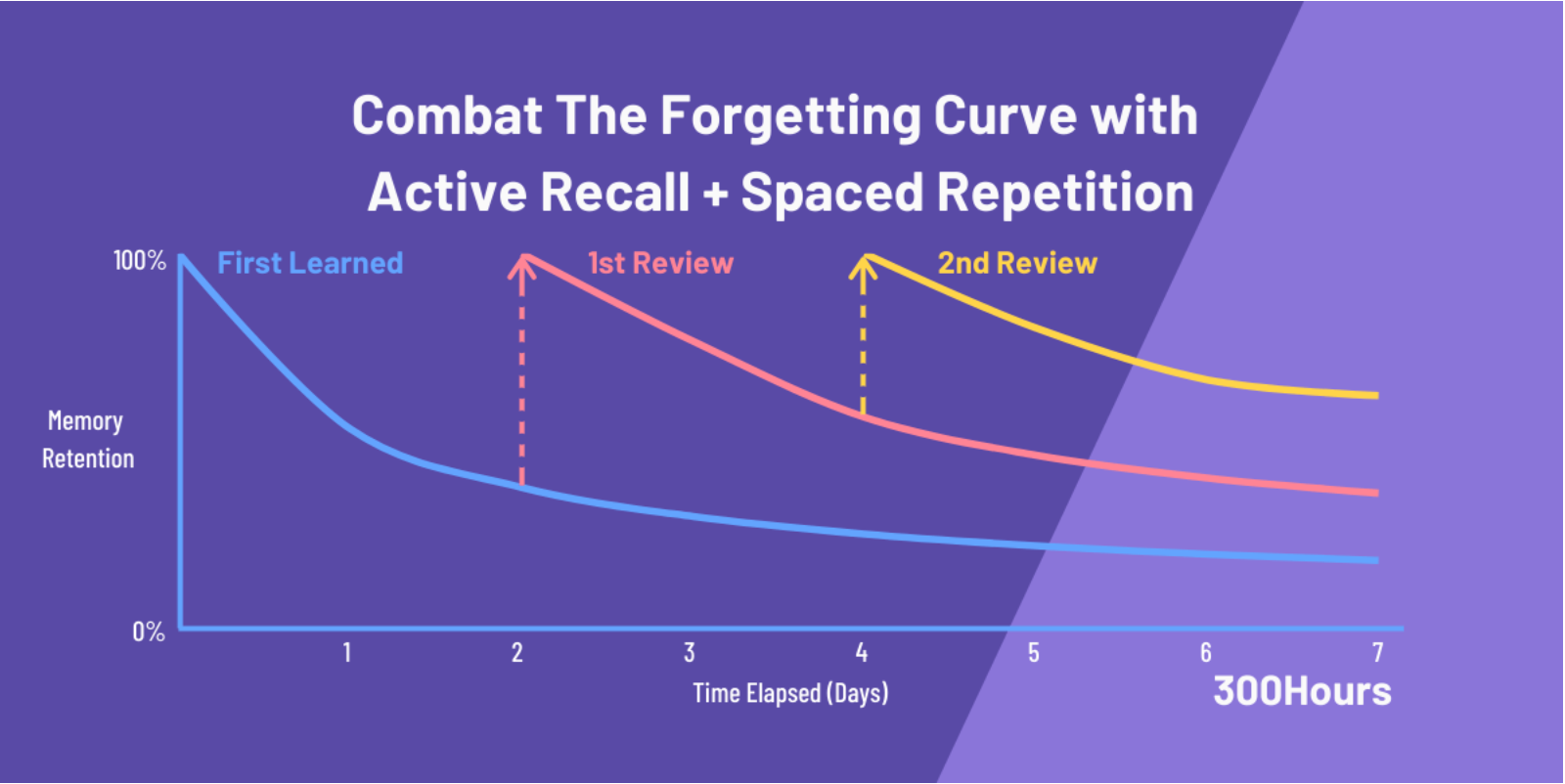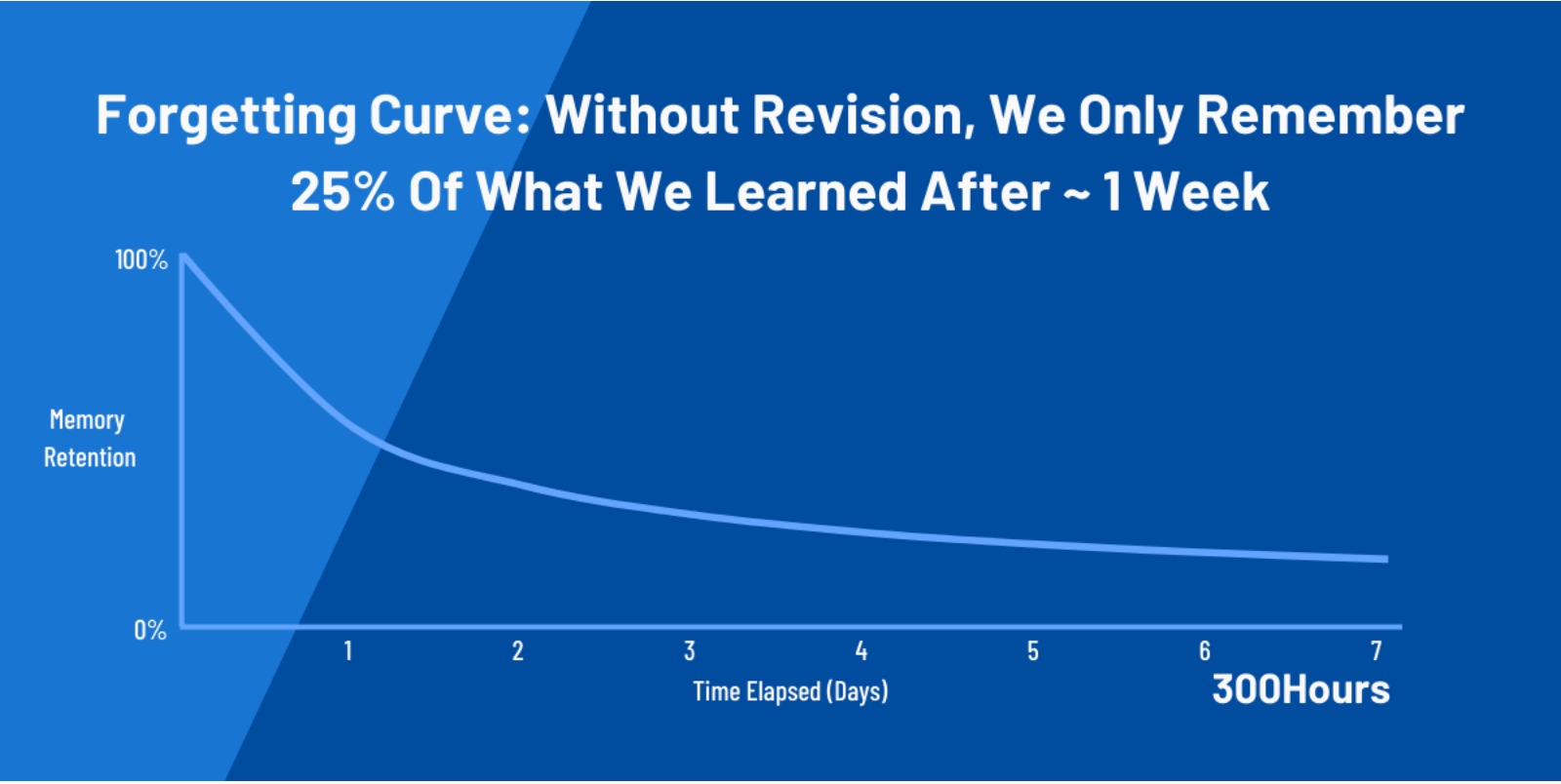I recently graduated from med school, an achievement I’m insanely proud of. Even more so because pursuing my dream of becoming a doctor did not make me abandon all other pleasures in life. I had fun, took care of myself, and socialized when I felt like it, without compromising my grades.
This took some discipline. From day 1, I was conscious to work smarter and not harder. Today, I have combined a list of 10 study tips for anyone who wants to successfully complete med school while defying the ‘bookworm’ stereotype.
1. Spaced repetition
Since childhood, we’re used to revising a lesson over and over to cement its place in our minds. Lately, some scientifically proven techniques have taught us to do this more efficiently. One such technique, spaced repetition, tops the popularity list.
The said technique involves revising information at progressively increasing intervals to store more of it in the brain. For example, revising a piece of information after an hour at first, then 4 hours, then 8 hours, and so on. If you stuff everything into one prolonged study session, you won’t retain most of it. So, studying in bits, and increasing the time between revisions is more helpful. This is something that made me do more in less time.
2. No gadgets
We have all been guilty of getting distracted by a mobile notification and losing interest in the textbook in front of us at some point or the other. If you use your mobile or computer even for studying purposes, you tend to lose track of time in other online activities. You’re always tempted to check your email or social media or check out a website from an ad that popped up on the screen.
This wastes precious study time. Moreover, it makes your memory less effective. Scrolling through unnecessary information and news bytes confuses and overwhelms your brain. So, my advice would be to rely on books instead of online resources.

3. Combined studies
If you need company or a relaxing environment during study sessions, you can arrange that with your friends. Schedule study sessions for topics that seem particularly challenging, so that you and your friends can help each other out. Med school will seem much more memorable in hindsight because of such joint study sessions.
Moreover, libraries provide heavenly peace and improve the quality of your study time. So, if you can manage to sit in a library with your peers, you can take advantage of unlimited resources as well as the right studying atmosphere.
4. Pomodoro Technique
The most important lesson I learned during med school was to focus on the quality and not the quantity in terms of the study hours. An hour spent studying the right way is much more effective than ten hours spent tiring and stressing yourself out.
A technique that adheres perfectly to the above-mentioned principle is the Pomodoro technique. Initiated in the 1980s by Cirillo, it is the best way to avoid laziness and procrastination. You give your undivided attention to a particular task for 25 minutes (called Pomodoro) and take short breaks after each session. After four of these pomodoros, you can take a longer break and do something relaxing (for about 20 to 30 minutes) before returning to the study.
I must mention that this method made my life infinitely easier throughout med school.
Check out the videos below, where you can study with me with the Pomodoro technique.
5. Create a good learning environment
If your study desk is cluttered and unorganized, you won’t even feel like going near it, let alone study there for hours. Even if you study for an hour at a time, it makes up for several sessions (and therefore A LOT of hours) for all the years at med school combined.
So, pay special attention to the study area. Make sure you have the right lighting, proper stationery, and clean, organized space that motivates you to study.
6. Sound sleep
As a future doctor, you must start practicing what you will preach. Once you realize the importance of a well-rested mind and body, you will be advising your patients to get adequate sleep every night. And to complete med school comfortably and healthily, you must enact this advice yourself first.
Despite all the pressure you feel, you must take good care of your physical and mental health. Depriving yourself of precious sleep hours won’t make you learn more or perform better. In fact, it will reduce the brain’s function and memorizing ability.

7. Feynman Technique
Have you ever heard that teaching helps you better understand subjects rather than just learning? That’s right, simplifying a complex topic for a student will make you think of it from several perspectives which may not have crossed your mind earlier.
This is the main premise for the Feynman technique. There are four steps in this one:
- Study
- Teach
- Simplify further
- Reorganize
So, you study and become an authority on the subject and then try explaining the way you would to a child. Review the process, and make it simpler and more concise. Lastly, you rearrange the information more simply. This technique could be your best friend especially if you have a knack for teaching.

8. Active recall
While studying any topic, create questions to quiz yourself later. It’s sort of like becoming your own accountability partner.
You could even get creative and use colorful cards or a whiteboard for these questions. Coming back to answer these later would help you identify areas that need more attention, in addition to helping you revise quickly.
9. Summaries
With so much information, it is easy to get lost in the details. Therefore, you must understand the basics of any chapter before memorizing the details. Once you get the essence, it is easier to grasp the rest of the information.
For exams, it is better to make summaries beforehand. Doing so during or near the exam period will overwhelm you. These summaries will also act as reminders for the smaller details within a chapter.
10. Mnemonics
My last tip might be the most appealing to the millennials and Gen Z. After all, aren’t we all used to conversing with terms like ROFL and BTW?
I strongly suggest using mnemonics for your studies as well. You can make your own or spend some time looking for mnemonics that already exist to aid medical students.

Well-planned is half done
Here’s an additional tip for someone just starting off: before you jump into the large pool of books for med school, devise a proper plan. Set timed goals and work smarter rather than harder. I hope all these techniques I shared will help you in the process. Stay tuned for more such interesting information and experiences.






